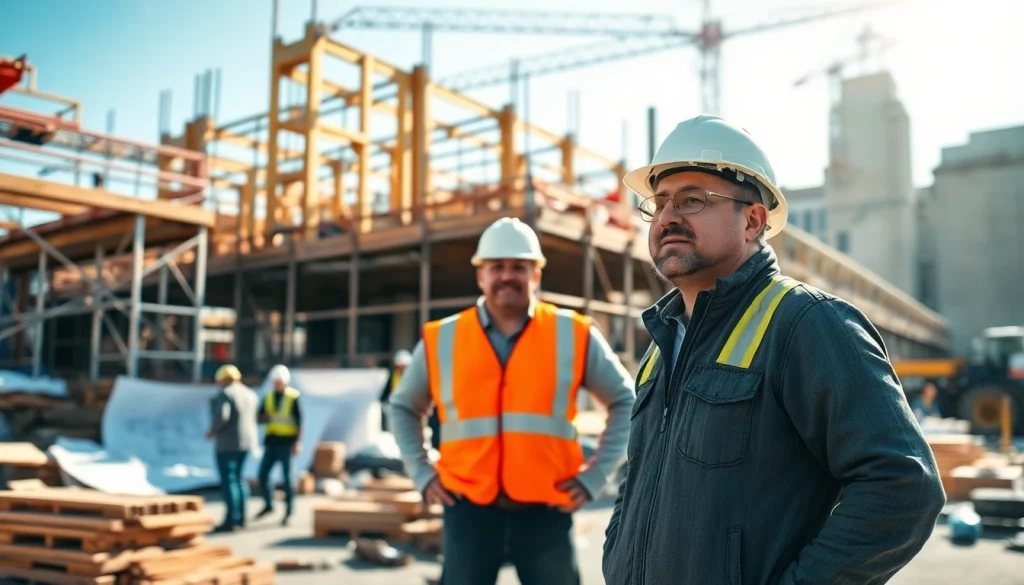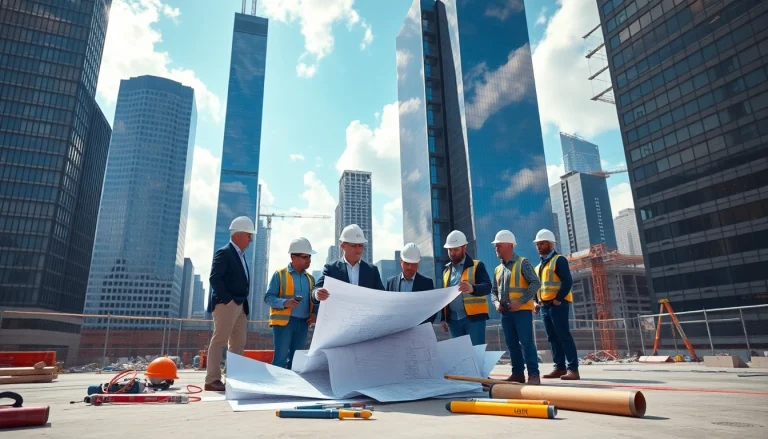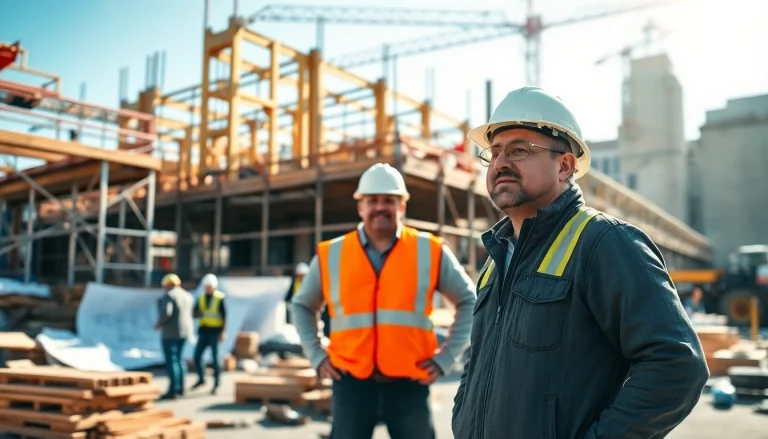
The Role of a New York City General Contractor
In the bustling landscape of New York City, general contractors play a pivotal role in managing construction projects of all sizes. From residential buildings to commercial complexes, these professionals are responsible for ensuring that every aspect of a project runs smoothly. The intricacies involved in this role demand not just technical know-how but also a keen understanding of local regulations, project management skills, and the ability to communicate effectively with diverse stakeholders.
Understanding Responsibilities of New York City General Contractor
A New York City general contractor is not just a builder; they are a project overseer, coordinating various elements from the initial design to the final execution. Their primary responsibilities include:
- Project Management: Overseeing the entire construction process, including scheduling and cost management.
- Subcontractor Coordination: Hiring and managing subcontractors for specialized tasks, such as plumbing and electrical work.
- Quality Control: Ensuring all work meets the specified standards and adheres to building codes.
- Safety Compliance: Implementing safety measures to protect workers and the public during construction.
- Client Communication: Acting as the main point of contact for clients, updating them on progress and addressing any concerns.
Licensing and Regulations
Operating as a general contractor in New York City requires compliance with numerous regulations. To become a registered general contractor, individuals must meet certain qualifications set out by the city’s Department of Buildings. This may include passing exams, acquiring specific experience levels, and obtaining the necessary insurance and bonding. Understanding these regulations is crucial for ensuring that projects are not only completed but are legal and safe.
Building a Reliable Team
The success of construction projects heavily relies on the strength of the team behind it. A competent general contractor knows how to assemble a reliable team of professionals, from skilled tradespeople to architects. Good teamwork fosters better communication and enhances problem-solving capabilities, which are essential in a city where construction sites can be unique and challenging.
How to Find a Trusted New York City General Contractor
Searching for a reputable general contractor in New York City can be daunting. However, with the right approach, homeowners and businesses can find a qualified New York City General Contractor to handle their projects effectively. Here are several strategies to ensure a fruitful search:
Researching Online Reviews and Ratings
In today’s digital age, online reviews can provide valuable insights into the reliability and work quality of potential contractors. Websites specifically dedicated to contractor reviews can highlight strengths and weaknesses of various companies, enabling you to make informed choices.
Asking for Recommendations
Word-of-mouth is a powerful tool. Asking friends, family, or even neighbors for recommendations can yield trustworthy leads. Those who have recently completed construction projects can provide firsthand accounts of their contractors’ performance, reliability, and communication skills.
Evaluating Past Projects and Experience
Reviewing a contractor’s portfolio allows you to assess the quality and style of their work. Inquire about their experience with projects similar to yours, and ask for references to get a sense of their reliability and work ethic. Evaluating past projects will also provide insight into their ability to meet timelines and budgets.
Cost Considerations for Hiring a New York City General Contractor
Understanding the financial aspects of hiring a New York City general contractor is crucial for planning any construction project. Here are some key elements to consider:
Budgeting for Construction Costs
Before hiring a contractor, it’s essential to establish a realistic budget. Take into account not just the contractor’s fees, but also materials, permits, and potential unexpected costs. Creating a detailed budget will help keep your project on track financially.
Understanding Quotes and Estimates
When selecting a contractor, it’s common to receive multiple quotes. Understanding how to read and compare these estimates is vital. Look beyond the bottom line; consider what is included in each quote and ensure that all aspects of the project are covered for a fair comparison.
Factors Affecting Pricing
Several factors influence construction costs in New York City, including the complexity of the project, current material costs, and labor rates. Being aware of these elements can help in negotiating terms with contractors to arrive at an agreeable price for services rendered.
Best Practices When Working with a New York City General Contractor
To ensure a constructive partnership with your general contractor, consider the following practices that can enhance communication and project outcomes:
Effective Communication Strategies
Open lines of communication are essential for avoiding misunderstandings and ensuring that everyone is on the same page. Establish a regular schedule for updates and discussions to maintain transparency throughout the project.
Setting Clear Expectations
Clearly defined project goals and expectations help prevent confusion down the line. Discuss timelines, deliverables, and quality standards at the project’s outset to foster a mutually understood framework for success.
Monitoring Progress and Quality
Regularly checking on the project’s progress can help ensure it stays on track. This involves visiting the site, monitoring milestones, and checking the quality of work being delivered. If any issues arise, addressing them promptly can mitigate complications later.
Key Trends in the New York City Construction Industry
The construction industry in New York City is continually evolving, with new trends emerging regularly. Staying abreast of these trends can significantly benefit your construction project:
Sustainability and Green Building Practices
Sustainability is a growing concern in construction, with many general contractors embracing green building practices. This includes using eco-friendly materials and energy-efficient construction methods, which can lead to reduced energy costs and a lower carbon footprint.
Technological Innovations in Construction
Technology is increasingly being integrated into construction processes, enhancing precision, safety, and efficiency. Innovations such as Building Information Modeling (BIM), drones for site surveying, and project management software are transforming the way general contractors operate.
Market Challenges and Opportunities
The New York City construction market presents unique challenges, including stringent regulations and unpredictable market conditions. However, these challenges also present opportunities for innovative solutions and improvements in how projects are managed.



